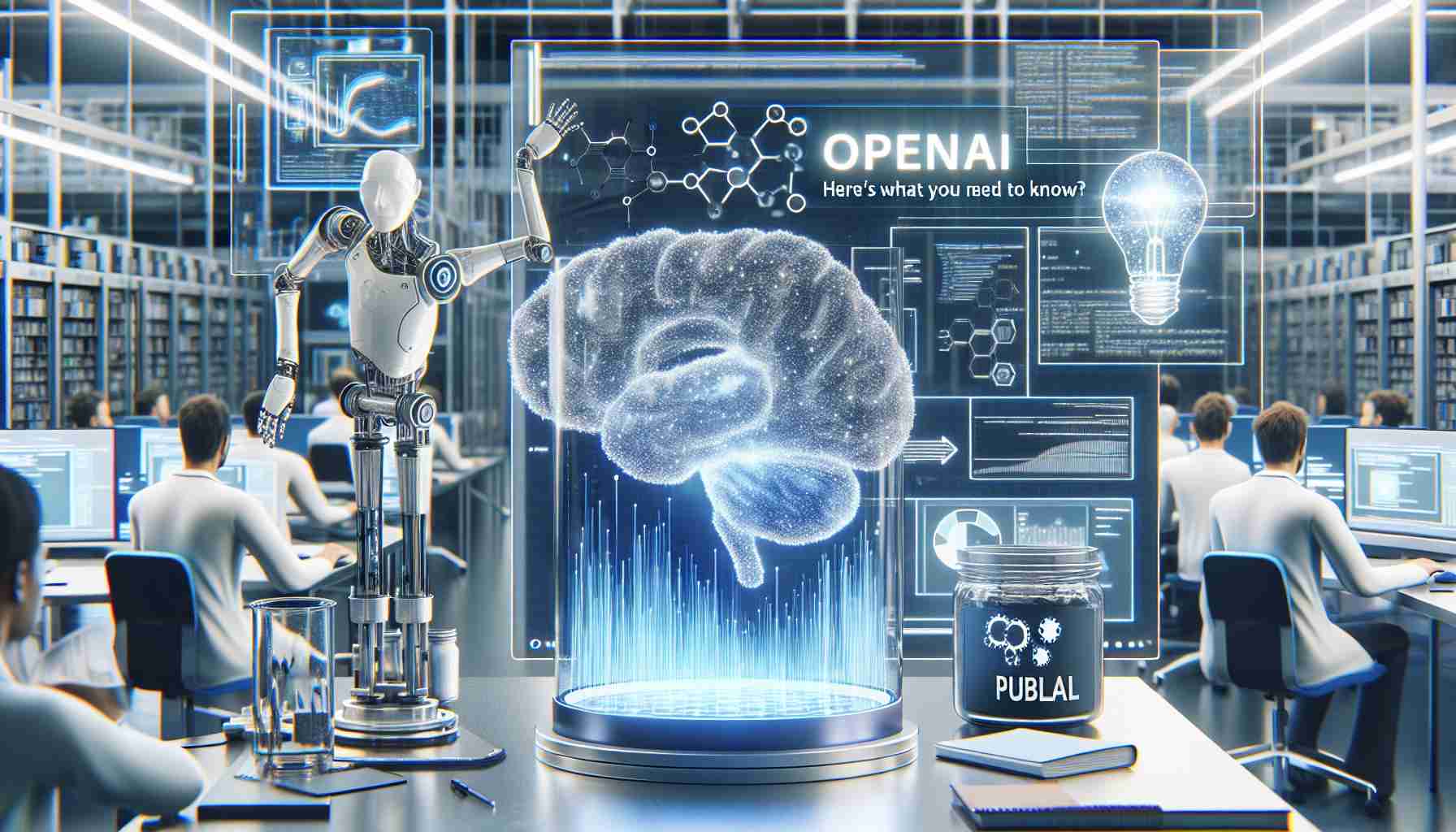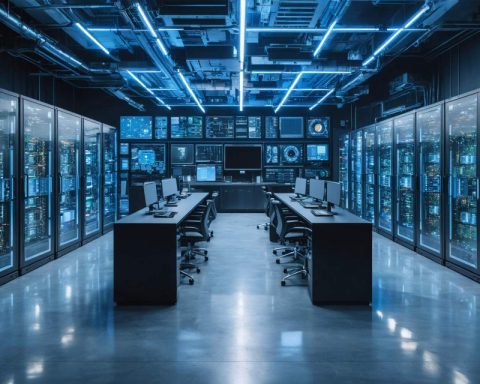OpenAI has generated tremendous interest as a leading name in artificial intelligence research and deployment. Given its influential AI models like ChatGPT, many people are curious about OpenAI’s corporate structure and whether it is a publicly traded company.
As of now, OpenAI is not a public company. This means you cannot find OpenAI listed on any stock exchange, and it does not offer shares for public trading. OpenAI operates as a capped-profit organization, a unique structure that combines elements of both non-profit and for-profit businesses. This structure is designed to balance the company’s mission-driven goals with the need to secure funding and incentivize investors.
OpenAI was originally founded as a non-profit in December 2015 by a group that included Elon Musk and Sam Altman. Their vision was to develop artificial general intelligence (AGI) in a way that benefits all of humanity. In 2019, OpenAI transitioned to a “capped-profit” model known as OpenAI LP, specifically to attract investment and talent necessary for its ambitious goals. Under this model, returns for investors are capped, with excess returns going to the original non-profit entity to further its mission.
While OpenAI remains private, it has notable partnerships and investments. In particular, Microsoft has made a significant multi-billion-dollar investment in OpenAI, forming a strategic alliance to integrate OpenAI’s technology into Microsoft’s products and services.
The future of OpenAI as a public company remains uncertain, but for now, it continues to pave the way in AI research within its current structure.
The Secret World of OpenAI: Behind the Scenes of an AI Powerhouse
What lies beyond OpenAI’s private veil? Although OpenAI is not a publicly traded entity, its influence reaches far and wide through strategic collaborations and its revolutionary AI models. But how does this structure impact the technology landscape and your daily life?
Changing the AI Landscape
OpenAI’s unique capped-profit model allows it to operate with a blend of idealism and commercial pragmatism. This ensures that while innovation is safeguarded and steered towards benefitting humanity, sufficient investment continues to fuel advancements in artificial intelligence. This commitment to ethical AI growth is without a doubt contributing to the rapid evolution of how AI integrates into everyday life, from smart assistants to predictive analytics shaping industries.
Why Does It Matter That OpenAI Isn’t Public?
Being a privately held company means OpenAI can focus on long-term goals without the pressures and unpredictability of the public stock market. This allows for sustained research and development initiatives that absorb substantial resources over time, vital for pushing the frontiers of artificial intelligence. It also allows OpenAI to form deeper, more meaningful alliances without the scrutiny and short-term pressures that often accompany publicly traded entities.
Partnerships That Affect You
OpenAI’s alliance with Microsoft is a testament to the potential of strategic partnerships. This collaboration not only propels Microsoft’s integration of cutting-edge AI tools but also boosts the capabilities of everyday products like Office 365, enhancing user experience globally.
Curious to learn more about the AI revolution? Explore OpenAI further at OpenAI or unravel the tech giant’s strategy at Microsoft.








